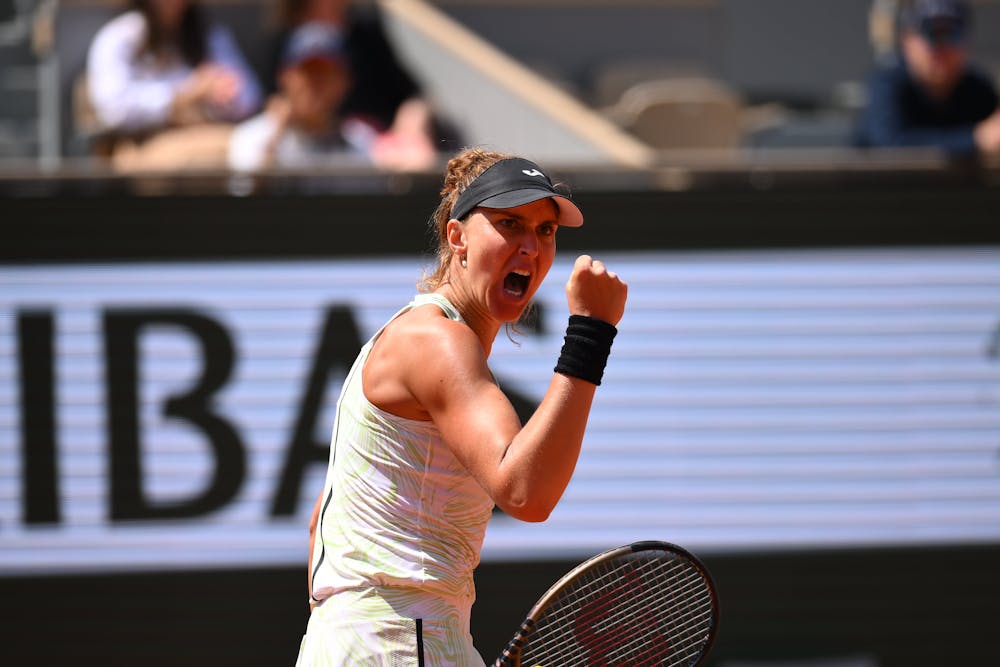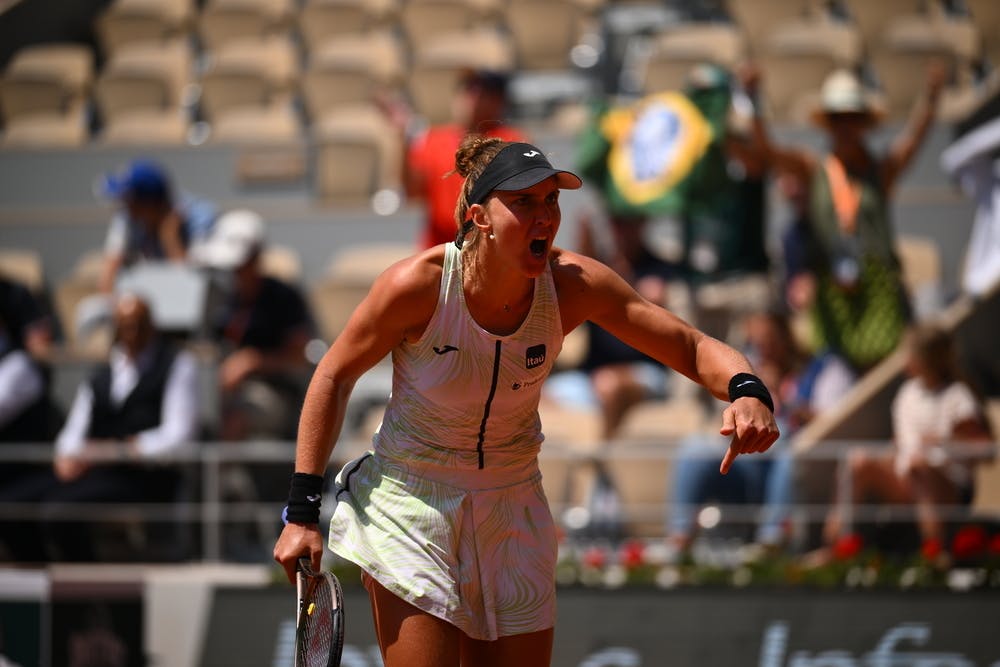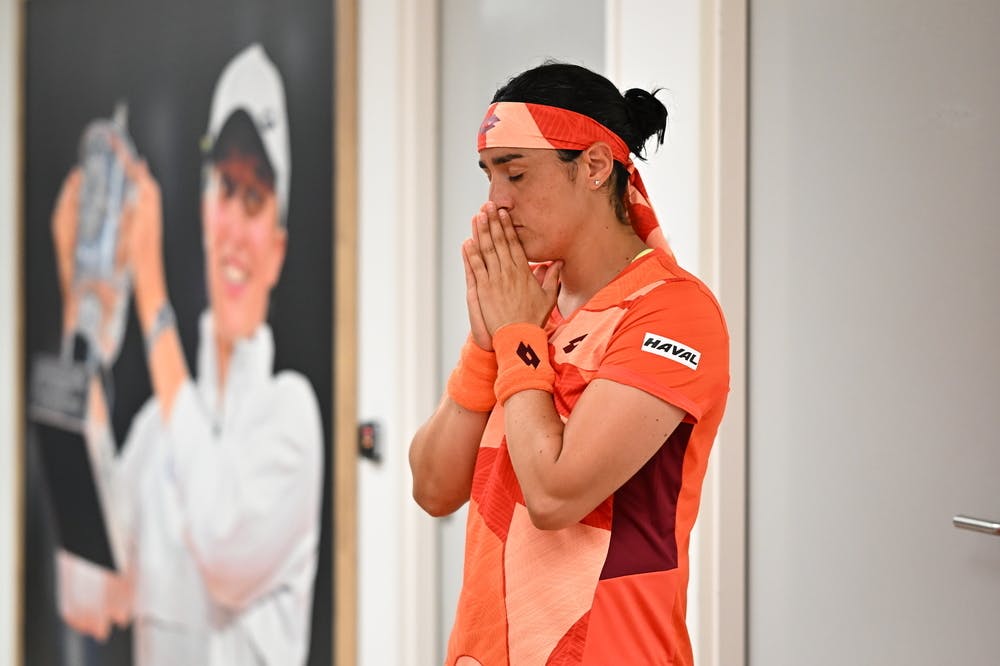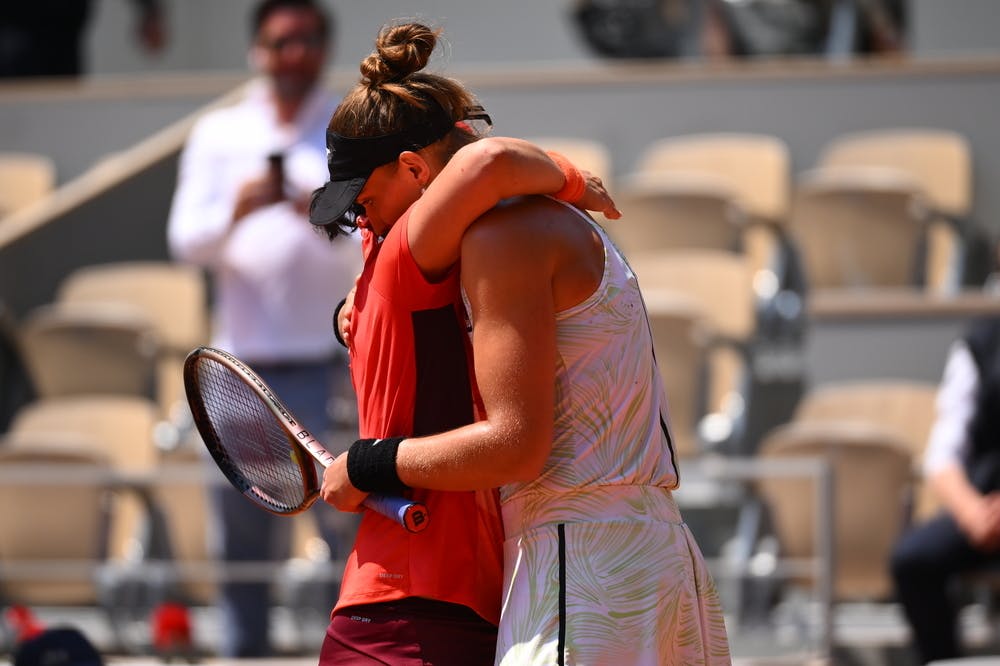Jabeur still held the edge, though, and she broke again for 5-3 and after a first ace, she sealed the set with a forehand winner after 43 minutes.
After five breaks in the opening set, both women settled into their rhythm at the start of the second.
Haddad Maia tried to vary her line of attack, hitting more spin and angles, but she couldn’t make the breakthrough on the Jabeur serve, which yielded just three points in her first five service games of the set.
The pressure was building on Haddad Maia but she was rock solid, saving two break points to lead 6-5. The Brazilian clubbed a big backhand return to set up a set point, only to send a forehand into the tramlines as Jabeur held.
The momentum was beginning to change, though, and after surging ahead 3-0 in the tiebreak, Haddad Maia held firm to take it 7-5 and take the match into a decider.
 ROLAND-GARROS
18 May - 7 June 2026
ROLAND-GARROS
18 May - 7 June 2026





